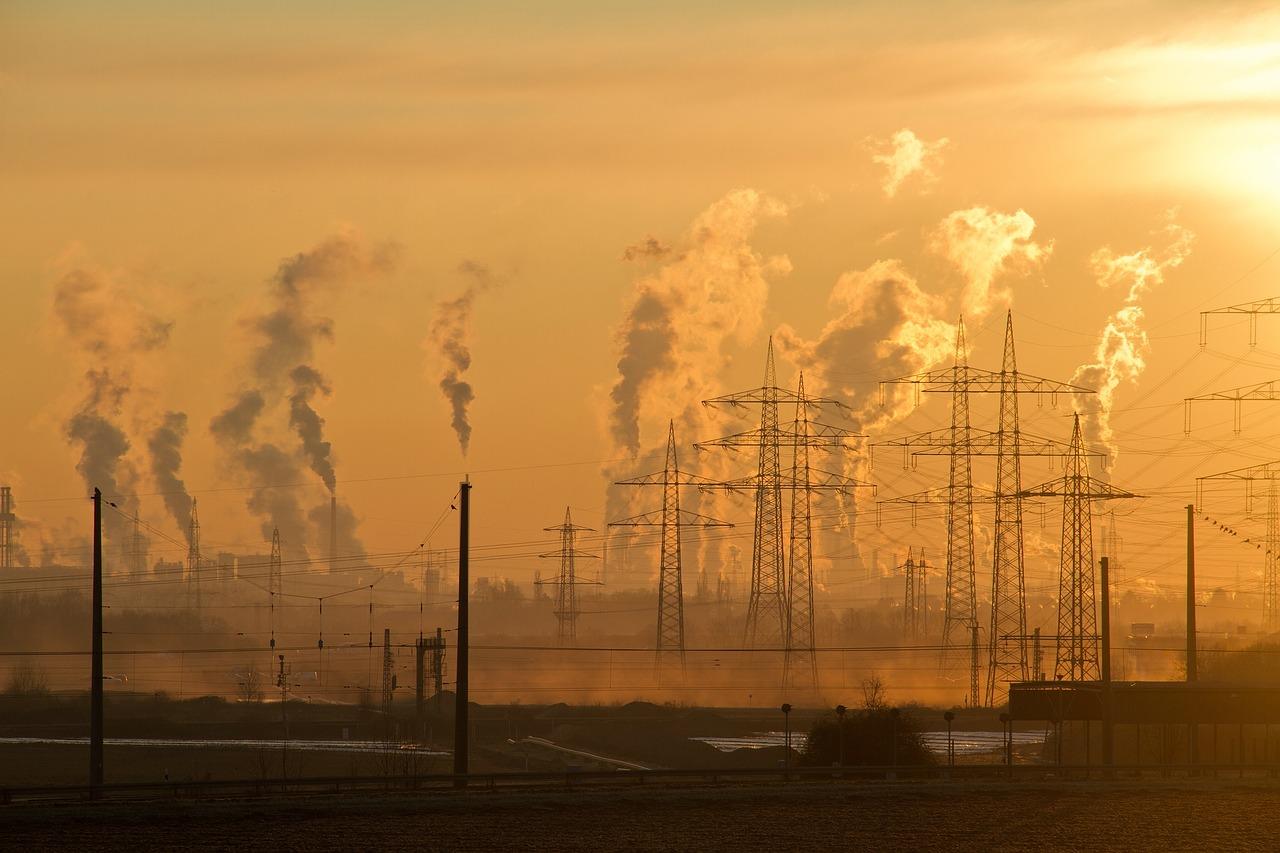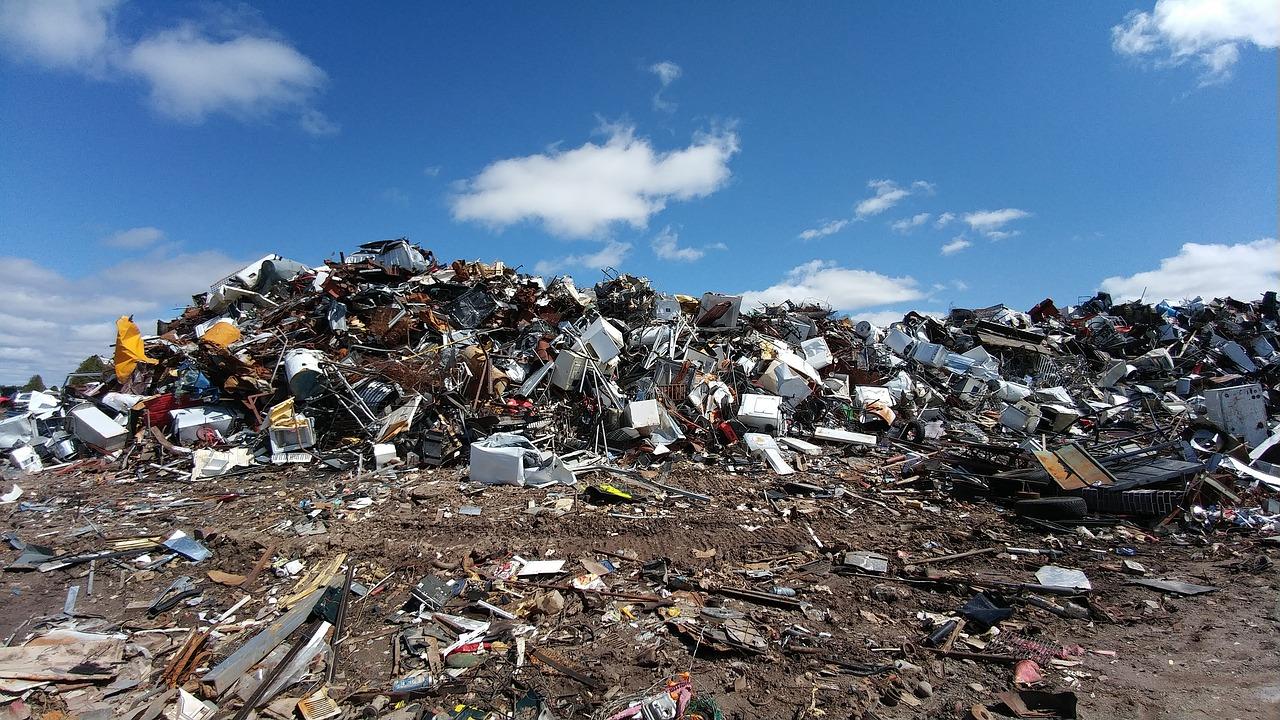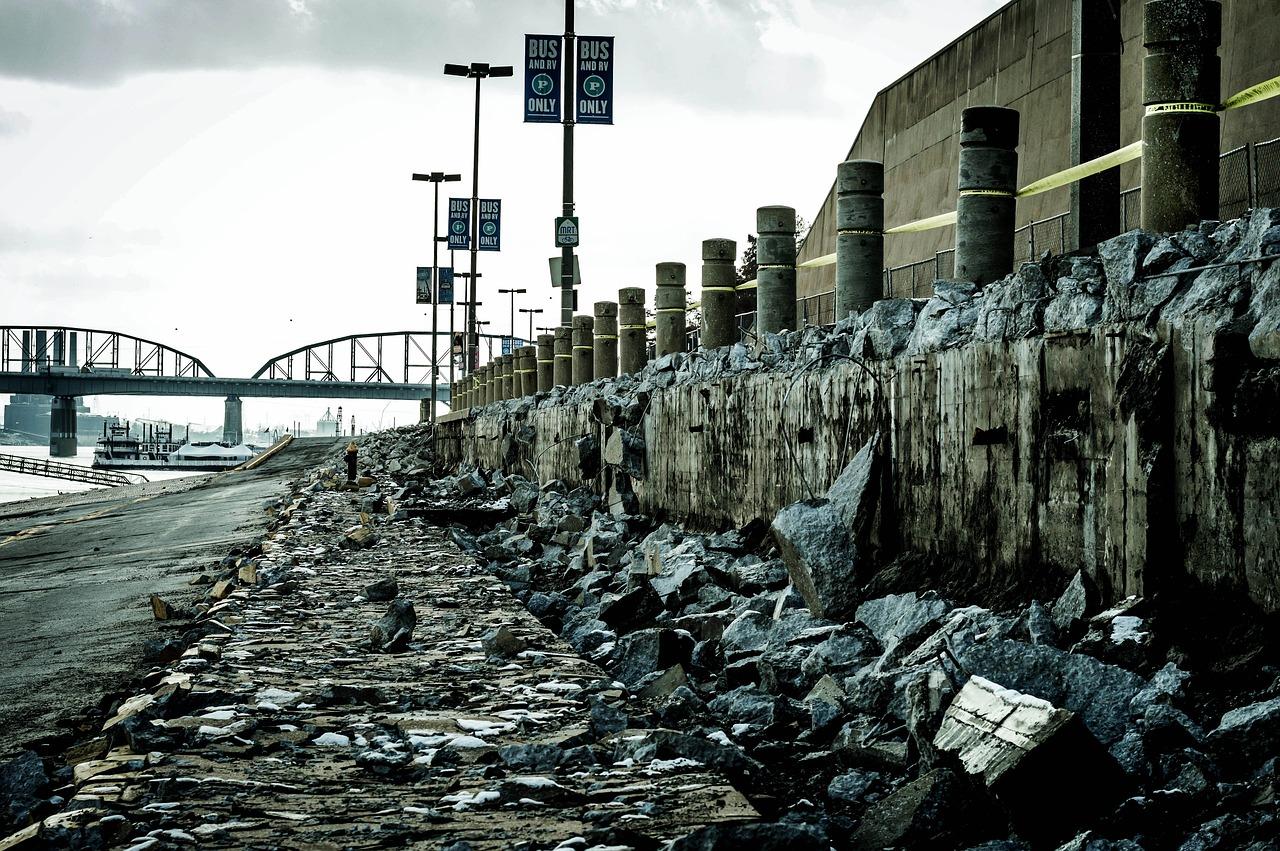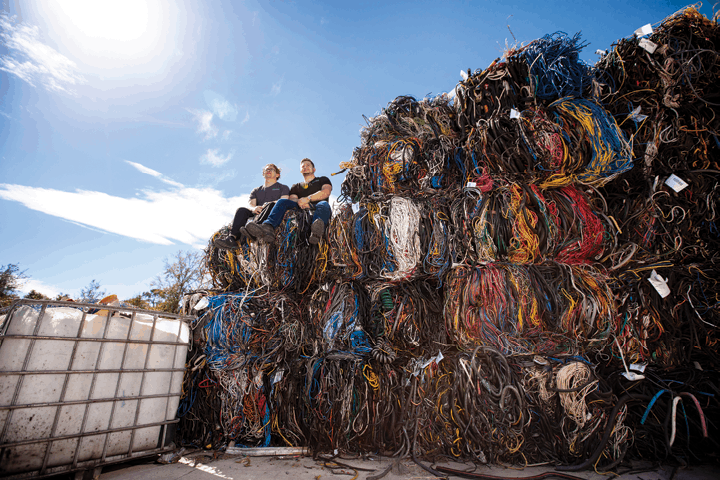
The quick pace of consumption in the modern world has presented a myriad of environmental issues–air pollution, water pollution, land pollution, and depleting resources. These have a variety of effects on public health and the future habitability of the planet.
The Environmental Protection Agency, or the EPA, is continually releasing statistics that cast a dire spotlight on the current status of our planet. In 2013 alone, the EPA reported that Americans created almost 254 million tons worth of trash. A lot of this trash ends up in giant landfills that, when exposed to the elements like rain, leak toxic substances into nearby waterways, devastating wildlife and threatening local drinking water.
At this rate, landfills will only get more significant and more widespread as new pieces of land will have to be repurposed for the mountains of trash that the world produces. These environmental costs can quickly add up and present health and even financial risk to individuals and companies.
Let’s look at the environmental issues plaguing us.

Environmental Issues
Increase Greenhouse Gases
By now, you might have heard of greenhouse gases, and it’s a substantial impact on Earth’s climate. In and of itself, greenhouse gases like carbon dioxide and the difficult to pronounce chlorofluorocarbons, aren’t inherently bad–the Earth retained its warmth and ability to harbor life thanks to greenhouse gases and their abilities to trap heat. But ever since the dawn of the industrial age, humans have been pumping an excess amount of greenhouse gases into the air. This increase of greenhouse gases has caused the Earth to trap in more heat at a rapid pace, increasing the overall average temperature of the planet and changing environments across the globe as a result. The decrease of greenhouse gases is an essential goal for most nations since it must be tackled early enough to prevent actual long term damage to the Earth’s climate.
Air Pollution
Air pollution is closely linked to greenhouse gases due to their primary source coming from the industrial sector. The difference with greenhouse gases, though, is that air pollution deals with a mix of gases and solid particles. Outside you can run into pollution such as those caused by fossil fuels being burned like coal and petroleum. These can produce smog, which can make it a bit difficult to breathe and see. There are also more toxic gases like sulfur dioxide, carbon monoxide, and nitrogen oxides–these gases at high enough concentrations can be hazardous to humans. Long term exposure can be especially deadly.

Water Pollution
Water is a precious resource that, just like all resources on Earth, is extremely limited. All of the world’s water goes through a cycle, it gets heated and rises into the air and falls back down onto the planet, where it is again heated, and the cycle begins anew. The same water has been going through this cycle for 4.6 billion years– the water you are drinking now was the same water that dinosaurs had when they roamed the Earth! This is all to say that keeping the water supply clean and safe is essential, and water pollution puts all that at risk. Air pollution creates acid rain that causes widespread environmental harm and ruins water supplies. Rain falling on landfills can leak toxic substances to water supplies, further causing damage. The list goes on and on.
Resource Depletion
Just like water is finite, so are all the resources we pull from the Earth. Copper, aluminum, zinc, lead, chrome, and nickel these metals are only available in limited quantities. In 2017 alone, the world mined approximately 19.7 million metric tons of copper. All the other ores needed for the metals we use daily are extracted at a similar rate and increasing.
Where does Scrap Metal Fit In?
Now that the environmental issues of the world have been outlined, you are probably wondering what it has to do with us, GLE Scrap Metal. Well, the environmental issues that were listed are not exclusively mutual. A lot of these environmental effects are tied to each other. For instance, the mining of copper requires a lot of energy, which is produced at a power plant that is pumping out greenhouse gases and other air pollutants. After the copper leaves the mines, they are smelted and processed by companies that are also utilizing an excessive amount of energy. Once the copper makes its way to consumer products, these products are eventually discarded, usually by being thrown into a landfill where they will be exposed to the elements and possibly makes contact with bodies of water. The list of interactions can go on and on, but it is clear that this current mode of production is untenable and destructive. The metals used to create the products you know and love don’t have to be created in this manner, and the alternative is something you can do that will be of benefit to you and the environment.

Recycling Scrap Metal: Environmentally Smart
The energy that it takes to smelt metals such as aluminum is 95 percent less than smelting from raw ore. This is a substantial decrease in energy used and an obviously more efficient solution and environmentally friendly solution. But the environmental benefits don’t stop at the smelting portion of the production process. By recycling scrap metals, you prevent the metals from being chucked into a landfill, therefore, keeping water supplies safe and the environment cleaned. The environmental costs of transportation are cut down in the process as well. Unlike raw ore, which can originate across the world, smelting scrap metal can be done locally since it does not need to be located by a mine, which means there is less distance to travel.
GLE Scrap Metal for a Better World
Companies like GLE Scrap Metal are here to help create a more environmentally conscious world. Recycling is a net benefit in all aspects and can work to improve the condition of the world, all the while giving you some supplemental financial support. By taking part in recycling, you are entering a movement that will have a profound impact on the world.
Reduce air pollution, greenhouse gases, water pollution, and rapid resource depletion today and contact GLE Scrap Metal and begin turning your scrap into cash, all the while protecting the environment. Call GLE at 855-SCRAP-88 to request a quote.



